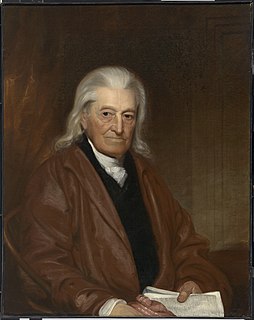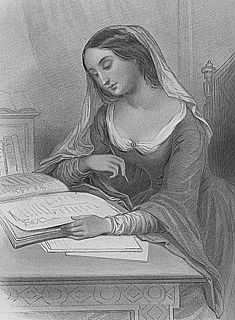A Quote by Johann Wolfgang von Goethe
An absent friend gives us friendly company when we are well assured of his happiness.
Related Quotes
I observed once to Goethe that when a friend is with us we do not think the same of him as when he is away. He replied, "Yes! because the absent friend is yourself, and he exists only in your head; whereas the friend who is present has an individuality of his own, and moves according to laws of his own, which cannot always be in accordance with those which you form for yourself.
Jung Min is extra friendly. Not meaning that his face/appearance is extra friendly, but his personality is very friendly and mature. At home, he often washes dishes. In dorms, he also cooks for everyone. He usually offers to help others and takes good care of everyone. He is a very outgoing and interesting friend.
Good friends find pleasure in one another's company. Let us know pleasure in the company of our best Friend, a Friend who can do everything for us, a friend who loves us beyond measure. Here in the Blessed Sacrament we can talk to him straight from the heart. We can open our souls to him, tell him what we need, beg him for powerful graces. We are perfectly free to approach the King of the universe with full confidence and without fear.
But a man's best friend is the one who not only wishes him well but wishes it for his own sake (even though nobody will ever know it): and this condition is best fulfilled by his attitude towards himself - and similarly with all the other attributes that go to define a friend. For we have said before that all friendly feelings for others are extensions of a man's feelings for himself.
A friend is one who incessantly pays us the compliment of expecting from us all the virtues, and who can appreciate them in us. The friend asks no return but that his friend will religiously accept and wear and not disgrace his apotheosis of him. They cherish each other's hopes. They are kind to each other's dreams.
A man is known by the books he reads, by the company he keeps, by the praise he gives, by his dress, by his tastes, by his distastes, by the stories he tells, by his gait, by the notion of his eye, by the look of his house, of his chamber; for nothing on earth is solitary but every thing hath affinities infinite.





































